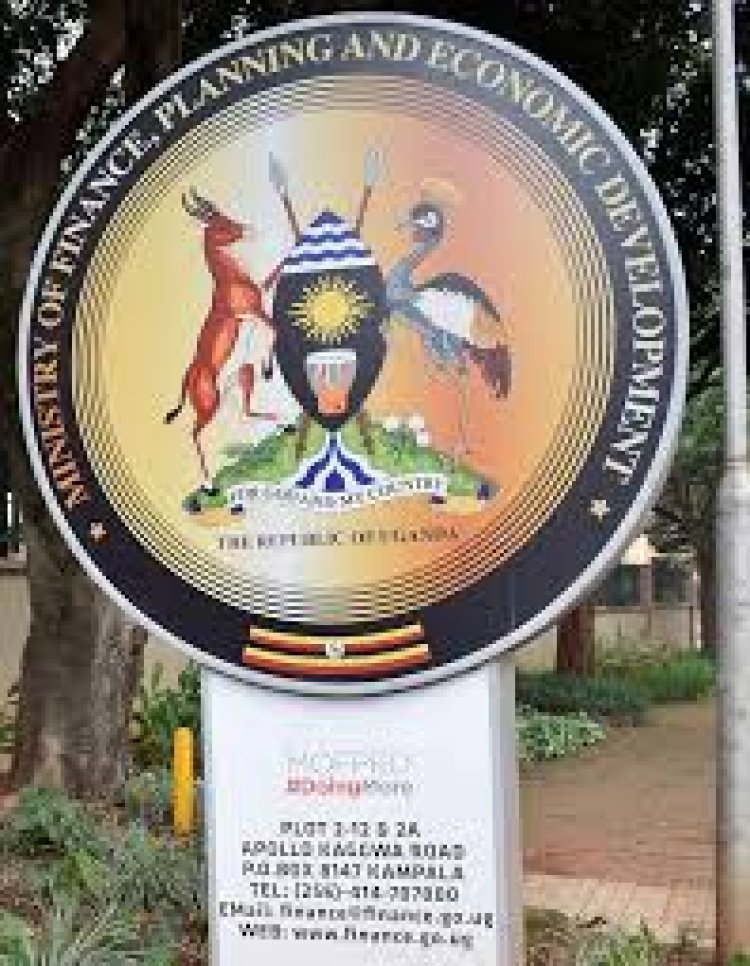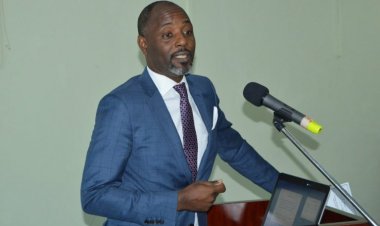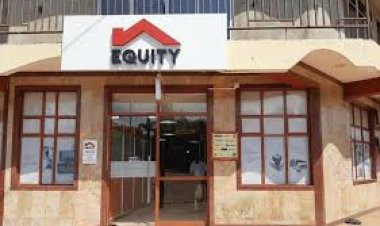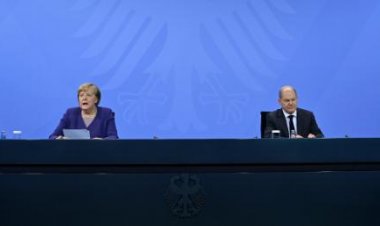Uganda's Economic Outlook: IMF Completest Fifth Review of Extended Credit Facility worth USD 120m

The Executive Board of the International Monetary Fund (IMF) has concluded the fifth review of Uganda’s Extended Credit Facility (ECF).
This milestone unlocks immediate disbursements totaling the equivalent of SDR 90.25 million (about US$120 million), reinforcing the nation's ongoing recovery from COVID-19 and other recent challenges.
The comprehensive program aims to bolster sustainable and inclusive private-sector-led growth while addressing key areas such as fiscal space for essential social spending, debt sustainability, governance enhancement, and corruption reduction.
Notably, the Board noted Uganda's commitment to reforms that promote monetary and financial sector resilience.
With economic growth projected at 6 percent in FY23/24, rising to 7 percent in FY24/25 and the medium-term, Uganda's economic revival is gaining momentum.
Additionally, inflation is anticipated to remain subdued at 2.8 percent in FY 23/24, aligning with the Bank of Uganda's target of 5 percent in the medium-term.
However, despite these positive indicators, risks persist, including potential constraints on external financing and tourism following the passing of the Anti-Homosexuality Act (AHA) and vulnerability of rain-fed agriculture to weather-related shocks.
The IMF emphasized the necessity for fiscal consolidation to mitigate financing risks and maintain debt sustainability.
It advocated for a data-dependent monetary policy stance to address inflation risks and recommended a flexible exchange rate regime to bolster international reserves and competitiveness.
M. Bo Li, the Deputy Managing Director, and Acting Chair underscored Uganda's evolving recovery, supported by falling inflation and investments in the oil industry.
The IMF commended Uganda's commitment to fiscal consolidation, sustainable social spending, and structural reforms aimed at fostering private-sector-led growth.
































